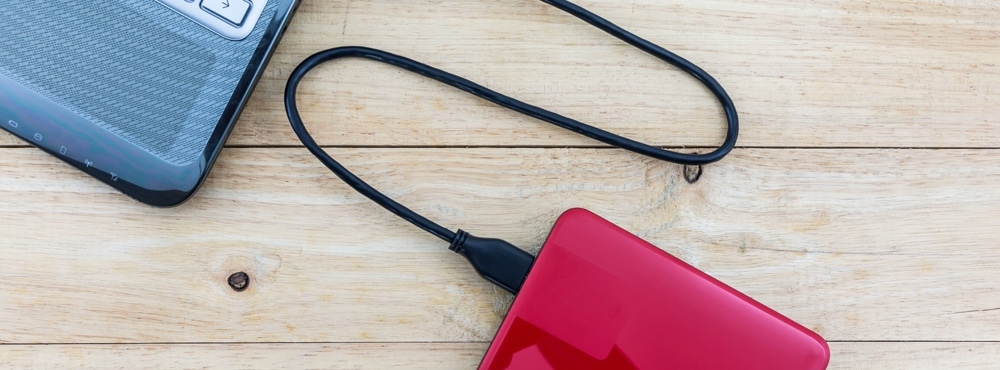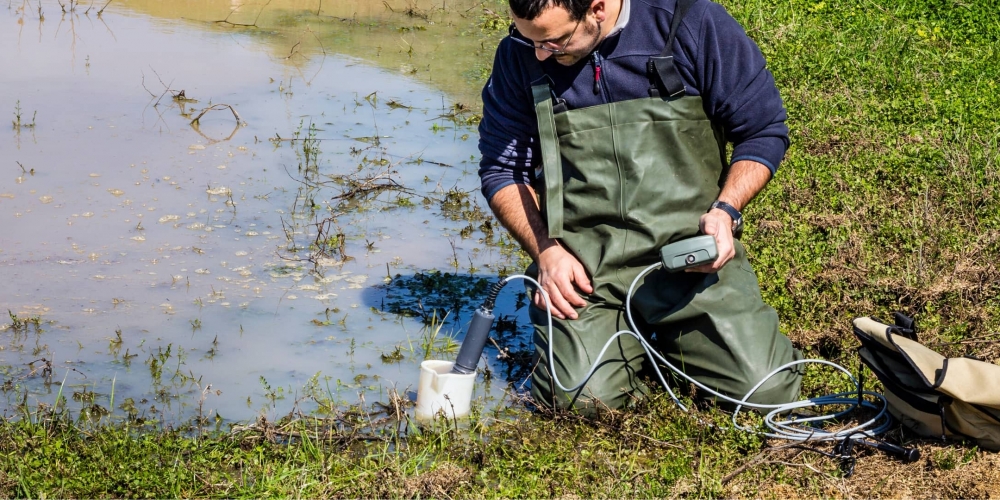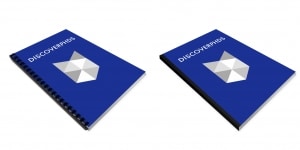1. Plan Ahead
Preparing for fieldwork is just as important as doing the fieldwork itself. It not only helps you to maximise your site productivity, but it can also reduce your research time by several weeks.
To prepare adequately, create a schedule which covers the two following aspects:
Before you do anything else, get clear on what you hope to achieve through undertaking the fieldwork. Assuming it’s collecting data, ask yourself: (1) Will the methods and equipment you’ve selected allow you to collect the data you need? (2) Will this data enable you to answer your underlying research question?
While these may seem like basic questions, you would be surprised to learn how many students have admitted to throwing away weeks’ worth of fieldwork by starting on the wrong path.
To make sure you have enough time to collect all the information you need, break your research objectives down into individual activities and schedule each of these in a Gantt chart or a weekly planner. Doing this will help you monitor your progress and, if necessary, make any adjustments should you notice things aren’t going to plan.
While being ambitious is natural for any researcher, create a plan with enough flexibility and breathing space should you need to make any last-minute adjustments.
If you can, try to get a head start by connecting with the other researchers you will be out with. Swap information with them and discuss what methods you’re planning to use. You could also visit your site ahead of time to learn what you will be working with and to identify any potential constraints you or your team will need to be aware of.
2. Accept Delays Will Inevitable
No matter how well you plan, things will always go wrong.
Sometimes, it’s a critical piece of equipment breaking, sometimes, it’s turning up to site to find your only access locked, and other times it’s simply poor weather. While it’s impossible to know which issue you’ll face, one thing is clear, you will always face setbacks.
While you can make it a little easier for yourself by building contingency into your programme, it’s important to accept that you won’t be able to control everything. When setbacks occur identify why they happened, and if possible, put measures in place to reduce the likelihood of them occurring again. Once you’ve done this, try to look past it and move on – your sanity will depend on it!
3. Book Field Equipment in Advance

As well as knowing what equipment you will need, you will also want to secure it well ahead of time. This will be especially true for Earth Science research students as you will all likely be out during the same time of the year.
If you intend to borrow any equipment from your department, check whether any undergraduate field trips are occurring at the same time as yours. If there is, agree with what equipment they will take and what equipment they will leave for you.
If you need to hire equipment from an external provider, get it delivered at least one week early. This will give you enough time to confirm the equipment is in good working order and is within its calibration date. If it isn’t, you’ll still have enough time to get a replacement without having to delay your fieldwork.
4. Learn the Local Language
If your fieldwork will require you to travel to a foreign country, it would be beneficial to learn the basics of the country’s native language.
In some cases, your translator won’t be fluent in English, so learning the basics will help reduce communication issues. Besides this, it will allow you to better participate in the interactive elements of your research, such as conducting interviews and speaking with the community to get firsthand local knowledge. This won’t only help your research, but it will also help you build rapport with those that you work with.
If your research requires you to travel to a country that speaks little English, most universities will allow you time to undertake a language training course, and sometimes will even pay for it!
5. Keep Your Work Safe

During fieldwork, there’s a high risk that you’ll lose or damage your research. You could misplace your field book, your laptop could take a fall, or you could discover that your bag isn’t as waterproof as you first thought. Therefore, keeping your information safe should always remain as one of your top priorities. To achieve this, follow these good practises:
- Invest in a good field book. Although they’ll cost more than a regular notebook, they have features which make them perfect for fieldwork:
- Brightly coloured and therefore easier to find if you misplace it.
- Built with fieldwork in mind and so won’t fall apart from being thrown around.
- Usually water-resistant – some even have a special coating which allows them to be written on when wet!
- Write your name and contact number on everything important. This includes laptops, field-books, external hard-drives and field equipment. If you lose anything, there’s a much higher chance of it being returned if the person who finds it knows how to contact you.
- Backup your work onto an external hard-drive every evening. Better yet, back it up on a cloud storage platform such as Google Drive or Dropbox. Don’t just limit this to your digital documents, take pictures of your handwritten notes and field-book and include them in your daily backups. If you use an external hard-drive, store it separately from your laptop. We’ve heard of a few unfortunate incidents where researchers have lost months’ worth of work due to losing their bags, which contained both their computer and their hard-drive.
6. Get Plenty of Rest
Working long hours may seem sustainable at first, but you’ll quickly come to realise how important rest is when it comes to fieldwork. Fieldwork can be incredibly strenuous, with long hikes, uneven terrain and heavy equipment. Not getting enough rest won’t only make these challenges harder, but it will also make them much less enjoyable (besides, no one wants to work with an irritable colleague out in the field).
As you know your body better than anyone, I won’t tell you how much sleep to get. But I will say this – pack earplugs and an eye mask as not all places will be as quiet as you would think.
7. Get a Good Pair of Boots

While old t-shirts are great for site work, old trainers aren’t. Depending on how long you’ll be on site and what your expected site conditions are, consider investing in a good pair of boots.
If you decide to purchase a pair, try to find ones that are sturdy, offer high grip and provide good ankle support. While it may be tempting to wear old trainers to save money, consider how frustrating it will be to not be able to traverse a slope without constantly slipping and falling.
8. Remember Why You’re Doing It
Being in the field can be hard work. You’ll often feel stressed and isolated, and question whether you’re doing the right thing.
Keep reminding yourself why you’re there. You’ll be able to collect data and make useful observations that you wouldn’t be able to otherwise. You’ll also have the opportunity to meet new people, form new friendships and experience new places. It can also be an excellent opportunity to learn more about yourself and determine whether you would like your post-doctorate career to be as hands-on.
Besides, once you return to the office to start drafting your thesis, you’ll likely miss being on site – so enjoy it while you can!
Finding a PhD has never been this easy – search for a PhD by keyword, location or academic area of interest.











